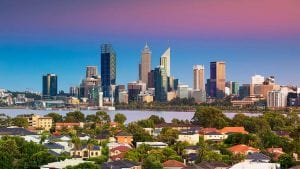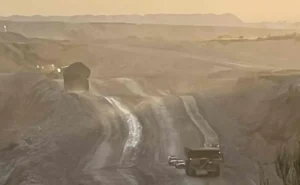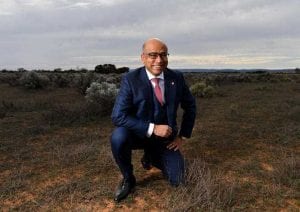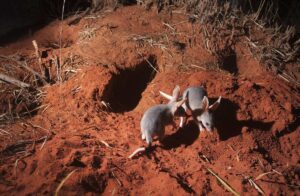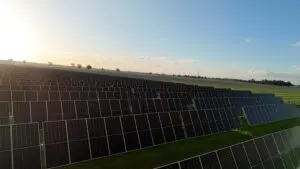Spanish companies Sener and Acciona have announced the completion and inauguration of the 100 MW Kathu Solar Park in South Africa – a plant that combines solar parabolic trough collectors and five hours of storage from a molten salt storage system.
The 100 MW Kathu Solar Park is part of the South African Government’s Integrated Resources Programme (IRP) which was set up in 2010 in an effort to increase the country’s power generation capacity to 86.8 GW by 2030 – including 24% renewable energy capacity.
The Kathu Solar Park was awarded its contract to proceed during a bid window of the country’s Renewable Energy Independent Power Producer Procurement Programme (REIPPPP) by the South African Department of Energy.
It is the second solar thermal power project developed between the two companies in South Africa after the completion of the 50 MW Bokpoort plant in late 2016. Kathu began construction in May of 2016 and created a peak of 1,700 jobs in June of 2018.
The development of the project also contributed to regional economic development as the developers contracted local suppliers, and through the KSP Social Economic Development program and the Kelebogile Foundation, which have invested in and significantly boosted community development in the John Taolo Gaetsewe District Municipality.
“At ACCIONA we are committed to renewable energies, and in particular to CSP energy,” said Roberto Felipe, Director of Operations and Production at ACCIONA Industrial.
“The execution of the Kathu Solar Park plant has been a success thanks to the excellent team involved in the project, but also for the impact it has had on the economy and population in the Province of the Northern Cape in South Africa.
The connection comes at a crucial time in South Africa, which is suffering extensive blackouts as a result of coal plant failures and the lack of fuel for back-up diesel generators.
This week, Eskom, the grid operator, cut 3,000MW of power (load-shedding) from the national grid due to a lack of generating capacity and a shortage of emergency reserves such as diesel fuel.
A day earlier, the Financial Times reported, it cut 4,000MW of power after it “unexpectedly lost six additional generating units” to breakdowns.
The FT said that Eskom is straining to meet even low summer demand. Eskom has been dogged in particular by overruns at expensive new coal plants. If sustained the blackouts could throttle smelters, mines and other industrial consumers and weaken an economy that briefly fell into recession last year.
President Cyril Ramaphosa has outlined a contentious plan to break up the utility. Under Jacob Zuma, the utility had become a byword for corruption and waste, the FT reported.




